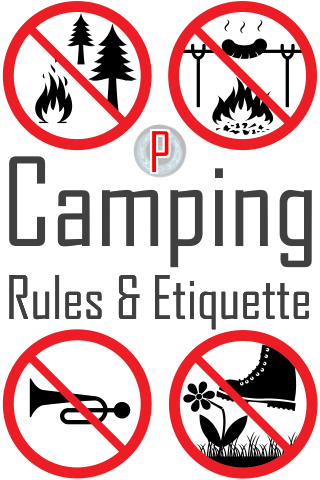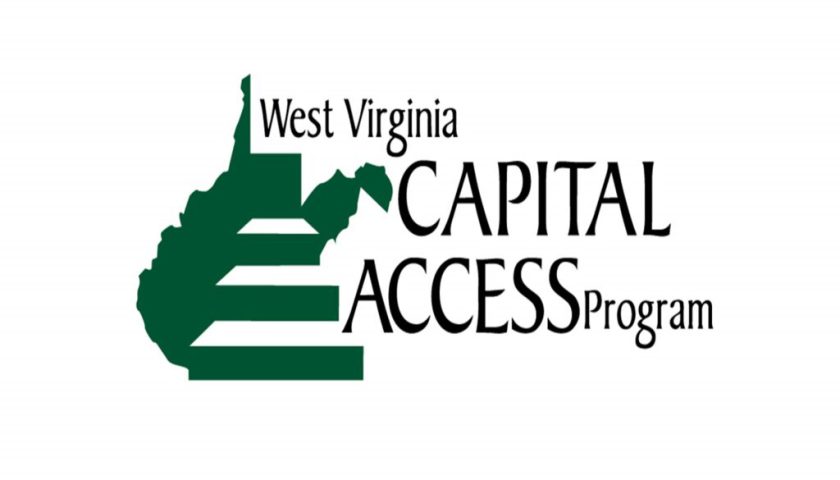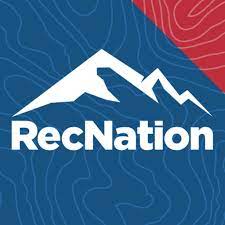
In order to be closely aligned with Wyoming state statutes, Interim County Planner Mike Robinson said that new proposed changes to private campground regulations in Washakie County will, “attempt to ensure that, in addition to, adequate and safe water and sewer are provided, access, drainage, fire protection, and the like are addressed as appropriate,” and “provide an opportunity for adjacent landowners and the general public to review and comment on the proposed campground[s].”
According to Robinson, the following proposed changes, if adopted, will only impact campgrounds on private land, and will not affect existing campgrounds, “unless they add sites or modify at least 25% of the existing spaces.” Robinson specified that “the proposed regulations will only apply to [those] providing camping spaces for financial gain to the proprietor. Having friends or family camp on property while they visit would not be considered a campground (unless they pay for the privilege).”
The county’s proposed changes for campgrounds on private lands, “are largely based on existing Wyoming statutes and Department of Environmental Quality requirements for public water systems and larger septic systems. Because campgrounds potentially fall under these requirements, depending on the number of sites, the County wanted to make both the campground developers and the Planning Commission aware of those requirements,” said Robinson.
Part of the changes will be requiring new private campgrounds to submit an application, “similar to that for subdivisions but less rigorous,” said Robinson, which will include a sketch plan, preliminary plat, final plat, and a notification of surrounding landowners.
These changes are being proposed to ensure several aspects of private campgrounds are being regulated and to provide people a chance to review and comment, considering campgrounds can be developments that affect a significant number of people, according to Robinson.
“The tentative time frame is for review by existing campgrounds complete by the end of October, final review by the Planning Commission in early November, public notice in November, a public hearing in early December, and a finalized set of regulations by the first of the year 2024,” said Robinson. He said that if the changes are adopted, he anticipates implementation to be sometime between January 2024 and July 2024, the start of the fiscal year.



